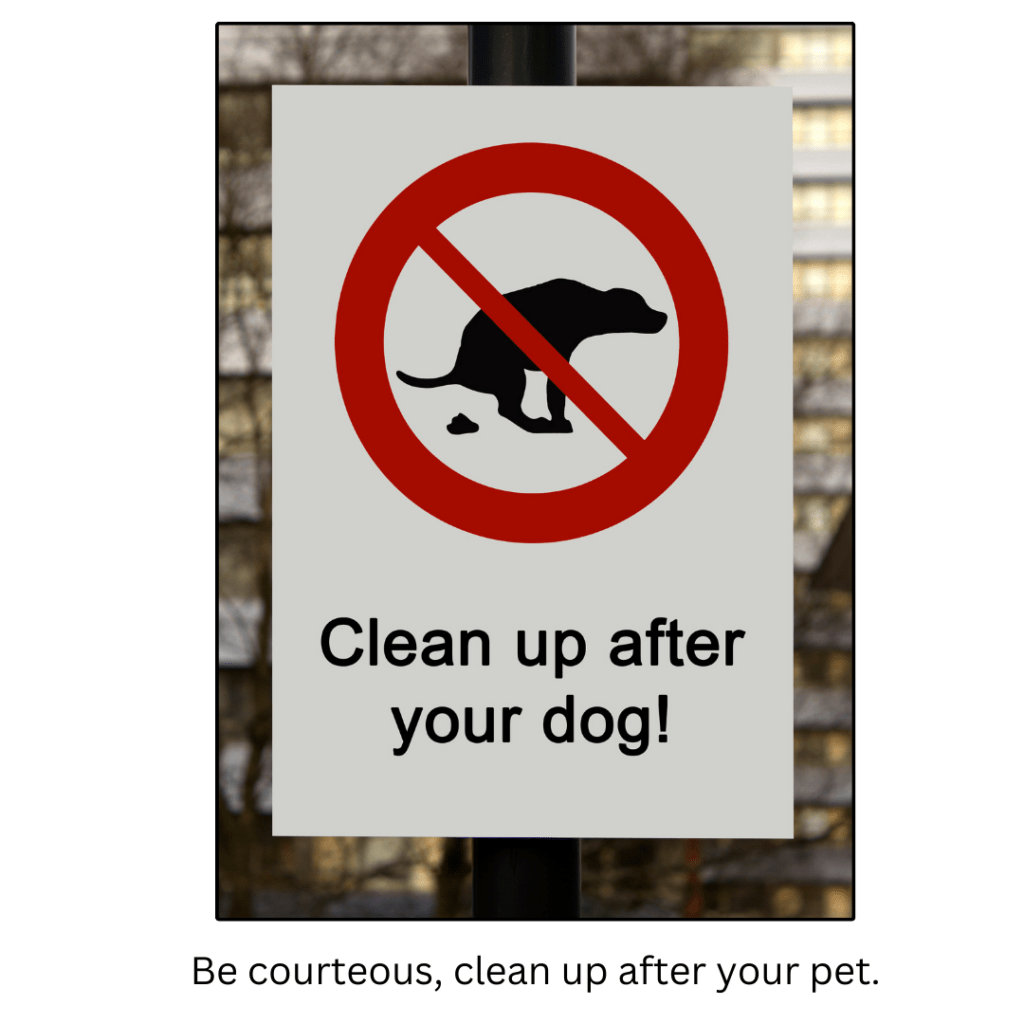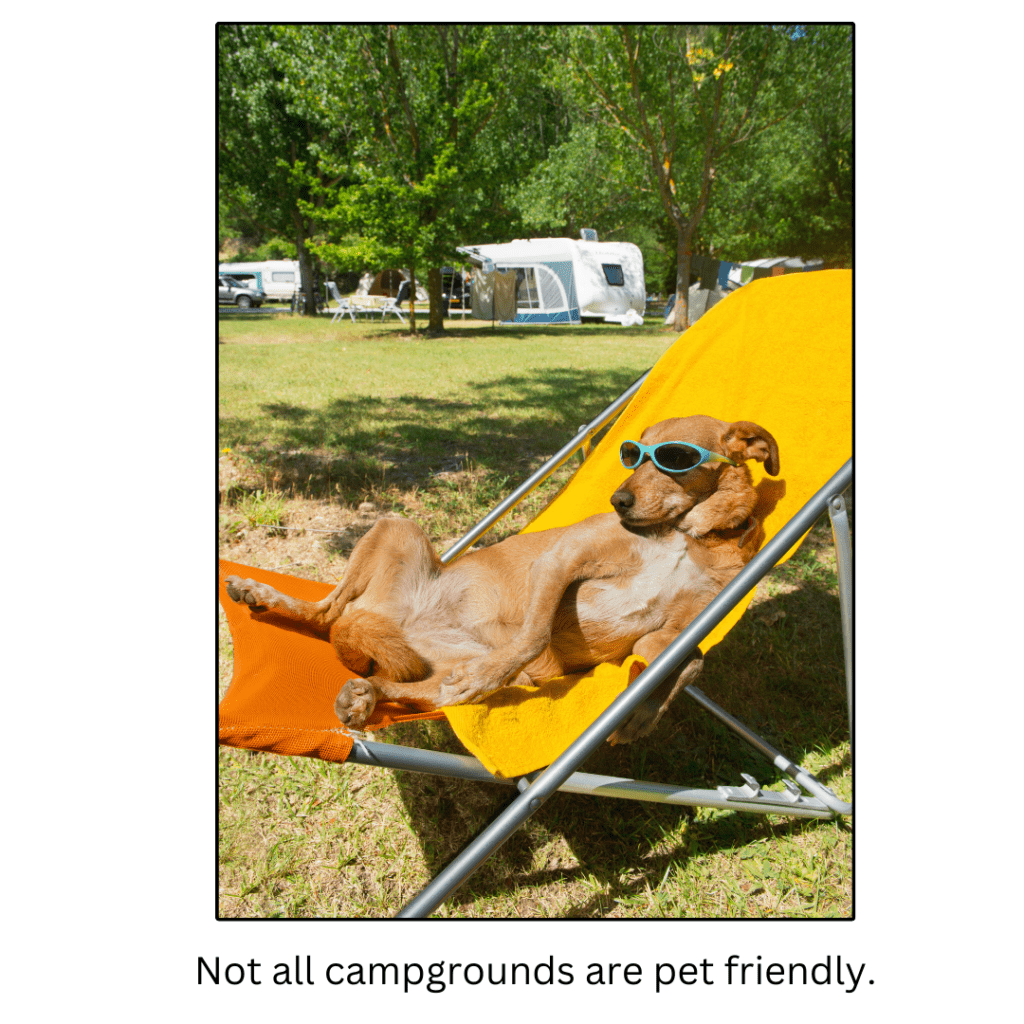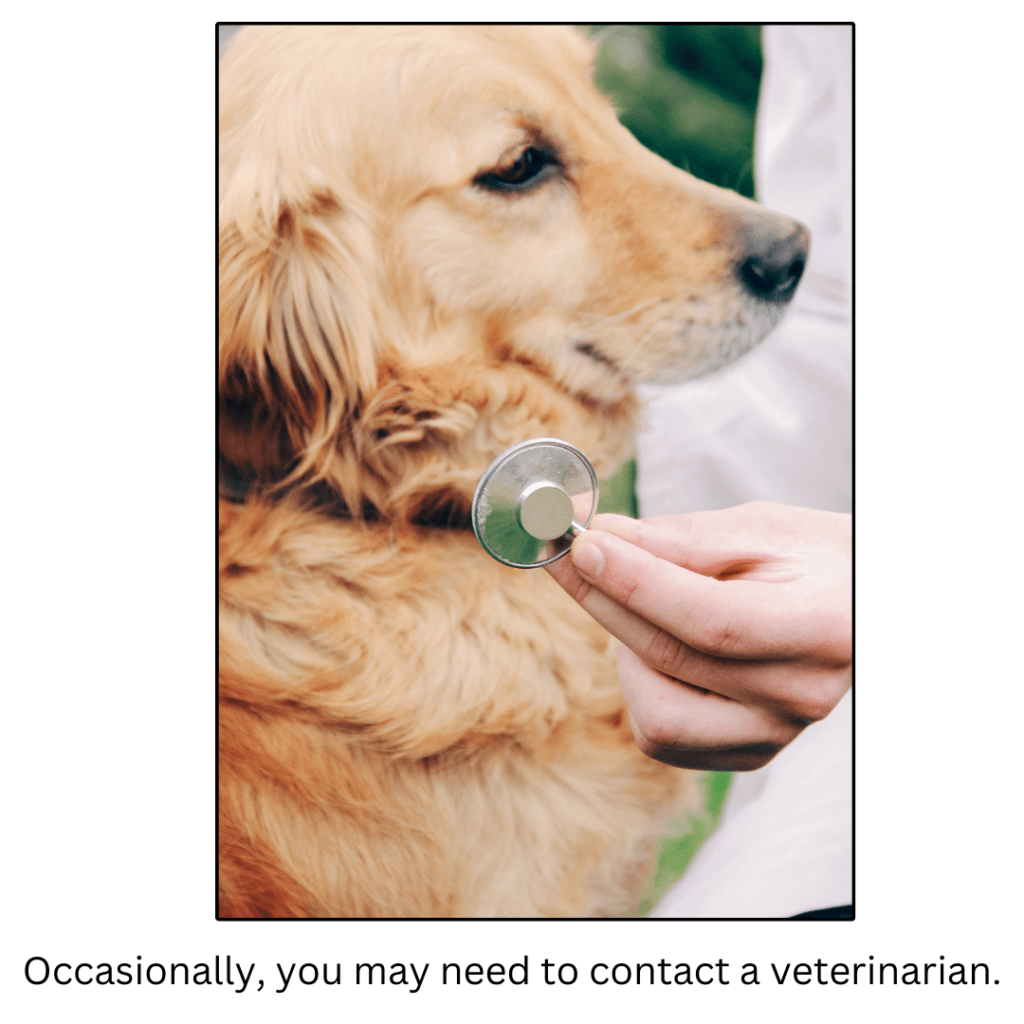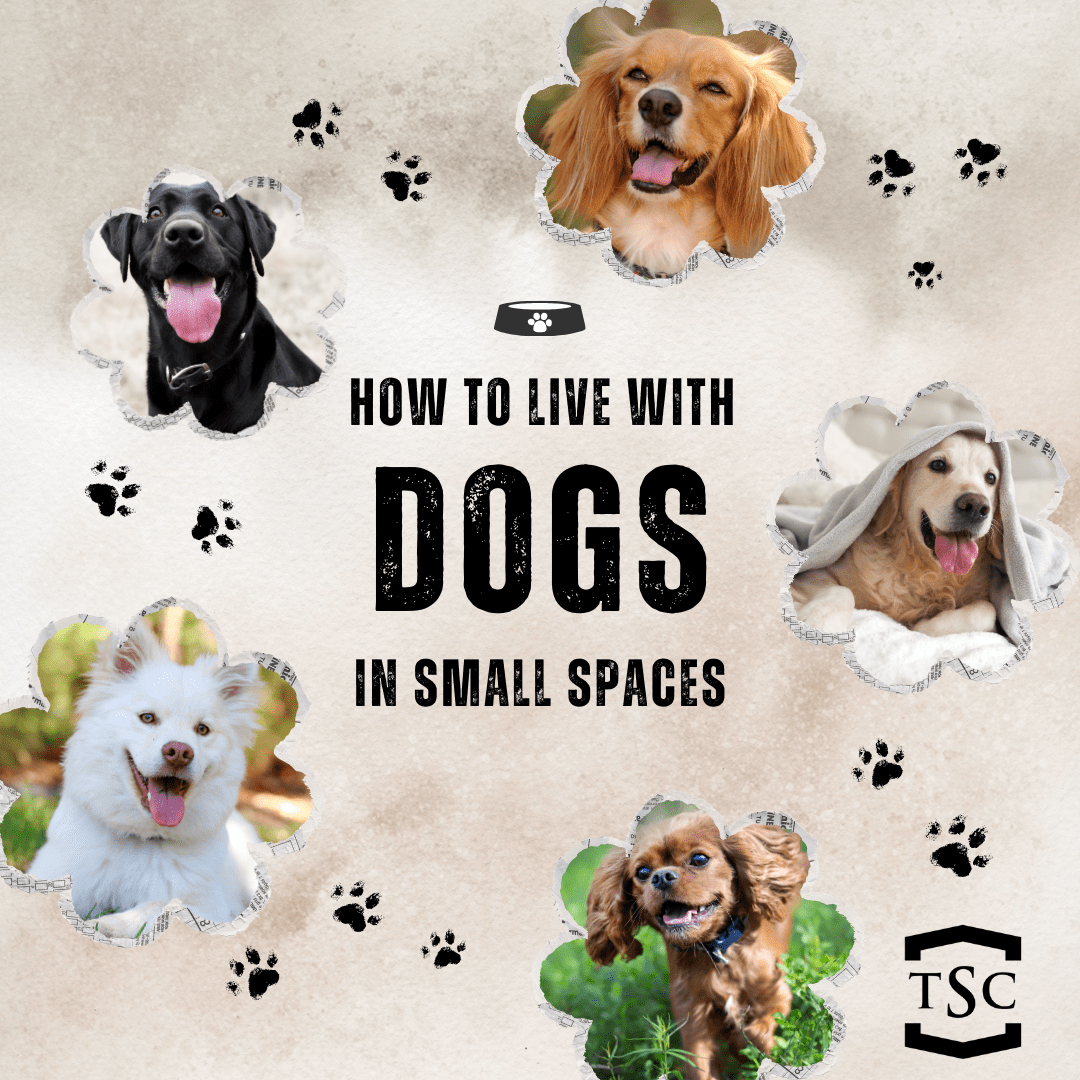Spankie’s tail was a blur as she bounced across the small living room to greet my daughter. Clearly, this tiny area was no barrier to her boundless energy. While dogs undoubtedly bring joy to our lives, sharing a compact space with our furry friends can present unique challenges. Let’s explore how to live with dogs in small spaces while keeping your canine companion happy and healthy.
Traveling With Man’s Best Friend
The saying ‘All for one and one for all’ certainly applies to many families, including those with furry members. When planning a road trip with your dog, it’s essential to consider their needs and safety.

Regular stops for potty breaks are inevitable, but these pit stops can expose your dog to various germs and diseases. Dog parks and rest stops, while tempting, can be breeding grounds for contagious illnesses like Parvo.
Always clean up after your dog and avoid areas with visible signs of pet waste.
Canines and Campgrounds
Not all campgrounds welcome our furry friends with open arms. Some facilities have strict breed restrictions or outright bans on dogs. It’s crucial to research campground policies before booking to avoid unexpected surprises.
When sharing a campground with other campers, considerate behavior is key.
Excessive barking can disrupt the peace, so using calming aids or training techniques might be necessary.
Always keep your dog on a leash to protect them and others. Remember, a happy camper is a good camper, and that includes your canine companion.

Separation Anxiety
Separation anxiety can make leaving your dog behind a stressful experience for both of you. Some dogs may exhibit destructive behaviors, such as chewing on furniture or doors.
To prevent damage and ensure your dog’s safety, consider using a kennel. These portable enclosures can provide a secure and comfortable space for your pet. When choosing a kennel, opt for a collapsible model to save room when not in use.
Remember, kennels are not a long-term solution for separation anxiety. If your dog experiences severe anxiety, consult with a veterinarian or professional trainer for guidance.
Doggy Doctor
Maintaining your dog’s vaccination records is essential for their health and safety, particularly when traveling. Rabies and other preventable diseases are a concern, especially if you frequent areas with wildlife or other dogs.

If you’re planning an extended stay in one location, establishing a relationship with a local veterinarian is advisable. This allows for routine check-ups, vaccinations, and potential emergencies.
However, for shorter trips, consider contacting your home vet for recommendations or referrals.
In addition to vaccinations, microchipping your dog provides an extra layer of protection. This tiny electronic chip is implanted under your dog’s skin and contains a unique identification number linked to your contact information.
If your dog becomes lost, a microchip scanner can quickly reunite you with your pet. It’s essential to keep your contact information up-to-date in the microchip registry.
Living in Small Spaces
Maintaining a tidy living space is crucial when sharing your home with a curious canine. Clutter can be a tempting playground for dogs, leading to chewed-up belongings and potential hazards.
By implementing effective storage solutions and creating designated areas for your dog’s belongings, you can prevent chaos and maintain a peaceful environment.
Consider using vertical space for storage, such as shelves or wall-mounted organizers. Keep your dog’s toys, food, and supplies neatly contained in designated bins or baskets. Regular cleaning and de-cluttering will also help prevent accidents and keep your space fresh.
Keeping Your Furry Friend Comfortable
Never underestimate the importance of your dog’s comfort and safety, especially in an RV. Tragic incidents highlight the risks of leaving pets unattended, even for short periods. Extreme temperatures, both hot and cold, can be deadly.
Always provide fresh water and consider investing in portable fans or air conditioning units for hot weather. In colder climates, ensure your dog has a warm and insulated space to rest. If you must leave your dog alone, choose a cooler part of the day and never for extended periods.
Insulated skirting and slideout wraps are game-changers for both humans and pets living in RVs or tiny homes. By creating a barrier between the underbelly of your floor and the outside elements, you can significantly improve temperature regulation, keeping your animals and your family cozy wherever the road takes you.
Cohabiting with a Canine
Having a furry friend in your home can be a wonderful experience! Share your tips, tricks, and challenges on how to live with dogs in small spaces with our community.
Have you found creative ways to maximize your space? Do you have a breed recommendation for small space living? Let us know in the comments below!

Hayley
Customer Support
